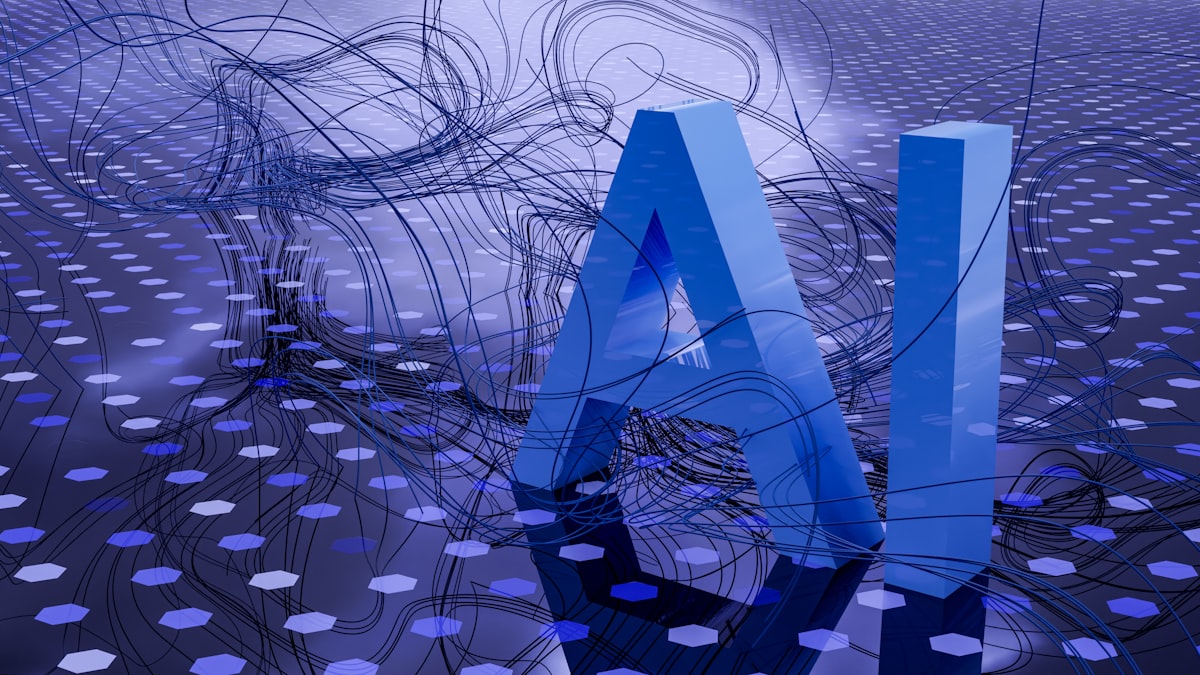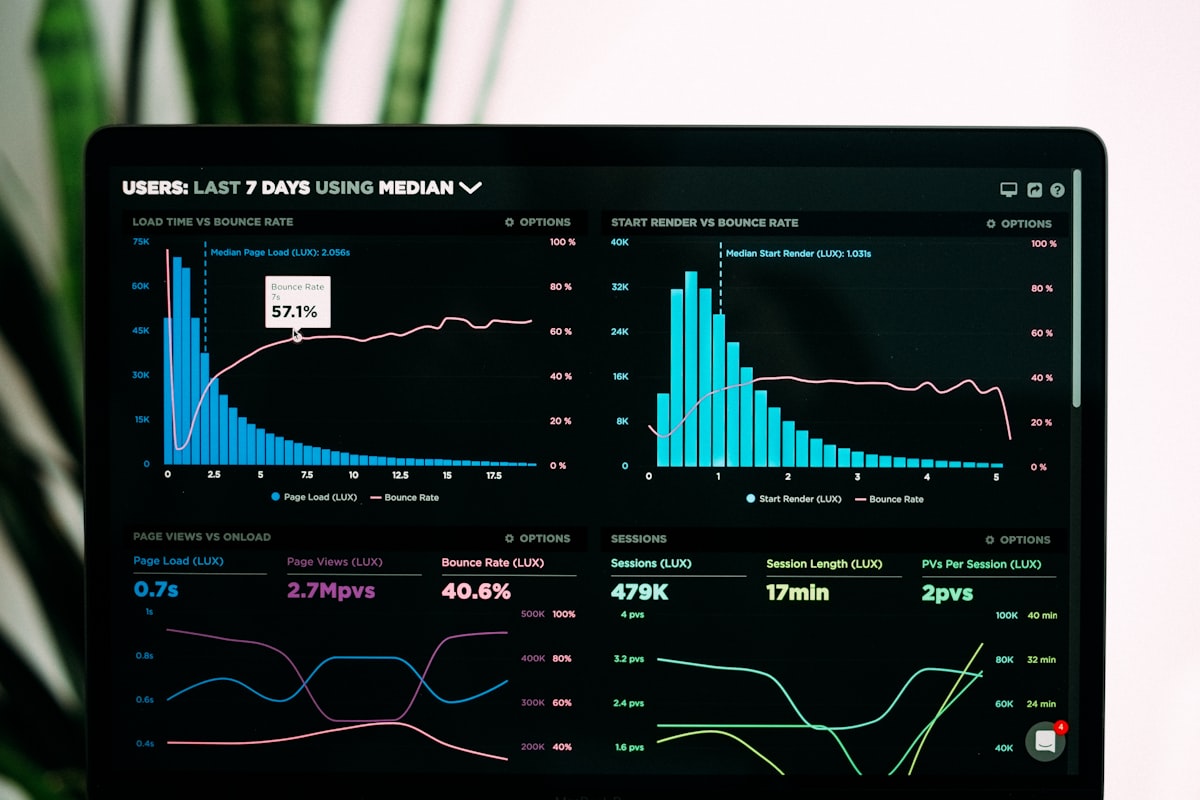OpenAI launched Developer Mode for ChatGPT, finally letting it actually do stuff instead of just talking about it. They're using Anthropic's Model Context Protocol (MCP), which is both surprising and smart - OpenAI swallowing their pride to adopt a competitor's standard suggests they realized their plugin ecosystem was a dumpster fire.
"Write actions" is a fancy way of saying "your AI can now accidentally break stuff." Sure, ChatGPT can update databases and post to social media directly, but that also means it can accidentally delete your customer data or post embarrassing content to your company's Twitter account. The security implications are significant, and not in a good way.
OpenAI adopting Anthropic's MCP protocol is wild given how much these companies hate each other. MCP basically lets AI systems connect to external tools without building custom integrations for every service. OpenAI swallowing their pride here signals they finally realized their plugin ecosystem was hot garbage.
"We've finally added full support for MCP tools in ChatGPT," announced the OpenAI Developer Relations team. "In developer mode, developers can create connectors and use them in chat for write actions, not just information retrieval." This capability is currently available to ChatGPT Team, Enterprise, and Education subscribers, with broader availability expected in the coming months.
Here's how the technical side works - you set up MCP servers that connect to your business systems and can actually execute actions, not just fetch data. Unlike ChatGPT's previous plugins (which were basically useless), MCP connectors can handle complex workflows and stay connected to external systems without timing out constantly.
Early testing reveals impressive capabilities. Developers have created connectors that allow ChatGPT to directly update project management tools like Notion, Asana, Jira, and Linear, deploy code to GitHub repositories, and manage infrastructure on cloud platforms like AWS, Azure, and GCP. The system can handle multi-step workflows, such as creating a GitHub issue, assigning it to team members, and updating project documentation simultaneously.
For enterprise customers, this functionality addresses a key limitation that prevented broader ChatGPT adoption in business workflows. Previously, users had to manually copy information between ChatGPT and their business systems. Developer Mode eliminates this friction by enabling direct integration with enterprise software stacks.
OpenAI claims they've implemented "robust authentication and permission systems," but we've heard this before. Every major data breach starts with "we have robust security measures." The real test comes when someone's ChatGPT integration accidentally nukes their production database because it misunderstood a prompt about "cleaning up old records."
Early adopters are already hitting production issues since this launched. Developers report HTTPException: 424 errors when MCP servers disconnect mid-call, and you have to revert complex structured objects to plain strings because ChatGPT's client can't handle nested JSON arrays properly. That's the kind of shit that breaks at 3am when your on-call engineer is trying to figure out why the AI integration is throwing Connection refused errors.
The competitive landscape for AI platforms has intensified around tool integration capabilities. Anthropic's Claude has offered MCP integration since its launch, while Google's Bard and Microsoft's Copilot have focused on integration within their respective ecosystem products. OpenAI's adoption of MCP suggests recognition that open standards may be necessary for broad enterprise adoption.
Industry analysts view this move as validation of Anthropic's strategic bet on open protocols. "OpenAI's adoption of MCP legitimizes the protocol and increases its likelihood of becoming an industry standard," said Sarah Chen, AI researcher at Georgetown University. "This benefits the entire AI ecosystem by reducing integration complexity."
This affects more than just OpenAI's business model. By enabling ChatGPT to perform real work rather than just providing advice, the platform can justify higher enterprise pricing and compete more effectively with specialized business automation tools like Zapier and Microsoft Power Automate.
Developer feedback has been overwhelmingly positive, with many praising the flexibility and ease of implementation. "Setting up MCP connectors is straightforward, and the ability to perform write actions opens up countless automation possibilities," said Jennifer Martinez, lead developer at a Fortune 500 financial services firm.
However, the rollout has not been without challenges. Some enterprise IT departments have expressed concerns about security and governance implications of AI systems that can directly modify business data. OpenAI has responded by providing detailed security documentation and working with customers to implement appropriate controls.
The launch of Developer Mode also coincides with OpenAI's broader push into enterprise markets, competing directly with established players like Salesforce and ServiceNow. The company's ability to offer both conversational AI and workflow automation in a single platform provides a compelling value proposition for organizations looking to consolidate their technology stacks.
Looking ahead, Developer Mode positions OpenAI to capture a larger share of the business process automation market, which is projected to reach $19 billion by 2026. The success of this initiative will largely depend on OpenAI's ability to maintain security and reliability while scaling the platform to support thousands of custom integrations across diverse enterprise environments.



